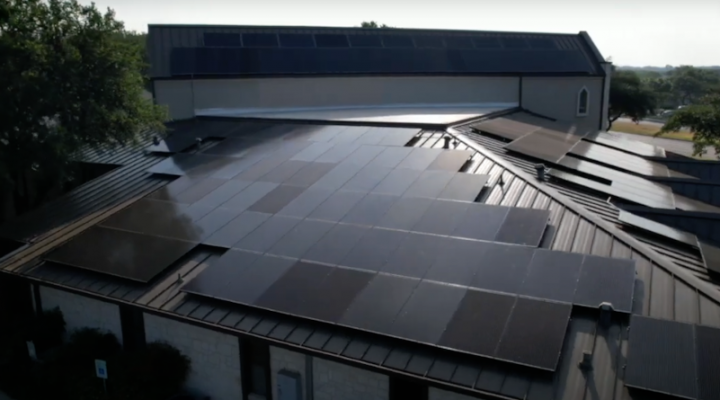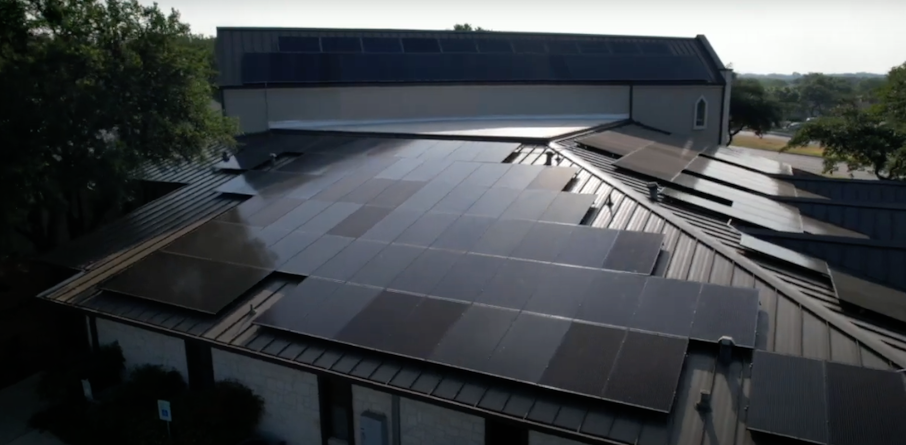Woodland Baptist Church in San Antonio will save thousands of dollars a month in electricity costs — multiplied many times annually — after covering most of its roof with solar panels in 2023.
But saving money wasn’t what Senior Pastor Garrett Vickrey emphasized in a video made to celebrate installation of the panels in September. Instead, he opened with the spiritual benefits of solar power.
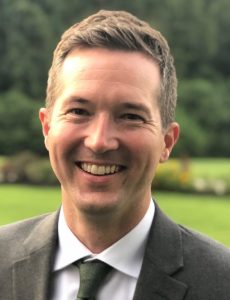
Garrett Vickrey
“We wanted to make this move because we believe this is a great opportunity to be good stewards of God’s green earth. For us, this is a theological and an ethical issue,” Vickrey said. “It’s been exciting to see the response of our congregation — the excitement — and to hear their testimonials of experiences with solar power.”
Such declarations have become increasingly commonplace since billions of dollars in grants and tax credits became available to churches and nonprofits during the past couple of years, said Sarah Paulos, community engagement and programs director at Interfaith Power and Light, a national nonprofit that assists faith communities in responding to climate change.
The Inflation Reduction Act of 2022 provides congregations a 30% discount on solar power. Further reductions are available through the 2022 CHIPS and Science Act and the 2021 Bipartisan Infrastructure Law.
And more solar-friendly measures are expected this year, Paulos said.
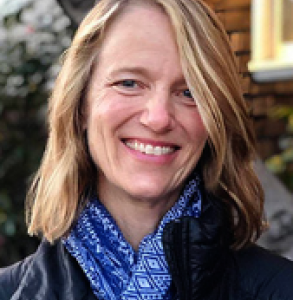
Sarah Paulos
“The rules are still being written for the tax codes to do this work,” she reported. “We expect an explosion (of congregations going solar) in 2024.”
Interest in solar predated the financial incentives for many of the 1,300 congregations registered as solar users by Interfaith Power and Light, she added.
“The theological motivation has been there for a long time for these congregations. Although financial incentives are now tipping the scale to action, the theological motivation to address climate change has been the underlying motivation for that action.”
But pitching solar power has to be done delicately and by avoiding terminology that may be politically objectionable to some — especially in conservative states, said Mike Massar, associate pastor of faith formation at Woodland Baptist and a leader in its creation care ministry.
“We emphasize that this is not a political issue, it’s a theological issue and a stewardship issue. The best way to handle this is to try to take the politics out of it.”
“Because Texas is a big Republican state and we are living in very polarizing times, when you use a term like ‘global warming,’ that’s a political issue for some people,” Massar explained. “So, we emphasize that this is not a political issue, it’s a theological issue and a stewardship issue. The best way to handle this is to try to take the politics out of it.”
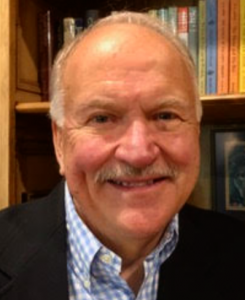
Mike Massar
Emphasizing the financial benefits of using solar power also is important, Massar said. “The bottom line is this can save the church hundreds of thousands of dollars. At Woodland, we estimate we will save $500,000 to $1 million on our electric bills over 15 years.”
Prior to the arrival of solar power at Woodland, an energy audit led to the use of energy efficient lights and weather stripping, adjustments to thermostats, an overhaul of air-conditioning units and added insulation. “These little things have saved us around $10,000 a year,” Massar said.
Further savings may come from landscaping with indigenous plants that require less water, as well as collecting rain runoff from the roof to water vegetation and grass.
Solar power and other creation care measures also can be evangelistic tools, Massar said.
“Young adults want to be involved in these kinds of ministries and actions,” he observed. “They want to be part of a church that’s making a difference. We have had families join our church because of things we are doing for the environment.”
“This is the legacy I want to leave my grandkids because creation care is the ethical issue of our time.”
But the bottom line is the moral and theological upside to using solar power, he stressed.
“This is the legacy I want to leave my grandkids because creation care is the ethical issue of our time,” he said. “So often, the church has been the caboose on the train of progress. We came to the party late on Civil Rights, the women’s movement and everything else. Our dream at Woodland is to promote the understanding of environmental stewardship.”
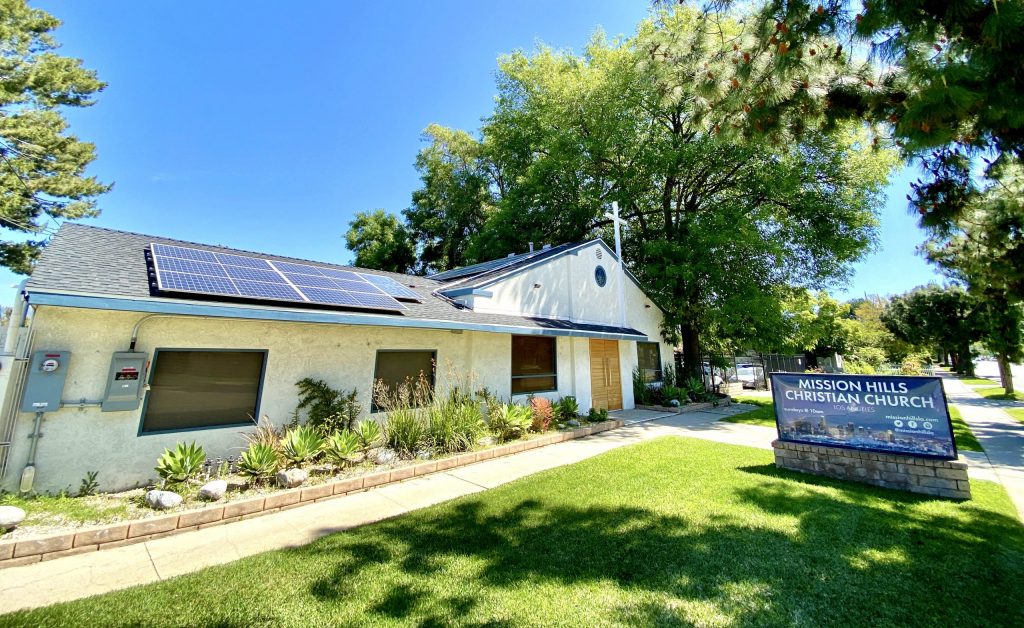
Solar power also can foster ecumenical and interfaith relationships in communities, said Ryan Pryor, lead pastor at Mission Hills Christian Church (Disciples of Christ) in Los Angeles.

Ryan Pryor
“So many churches and other faith organizations have reached out to us about solar power” since it was installed in 2020, he said. “The board member of a synagogue contacted me to ask what it costs — the ins-and-outs — so she could take it to the board. It’s been encouraging to have these conversations with other faith groups. Our solar power is reaping spiritual benefits.”
The panels also are a symbol of the congregation’s concern about social justice, including systemic racism and LGBTQ rights, Pryor said.
“It really is about connecting to the whole of the person and the whole of the community,” he noted. “We see these circles that move outward. The panels are representative of what faith in its best sense can call us into, which is a deep care and concern for the earth and the planet.”
Related articles:
New Climate Fellow aims to get churches talking about creation care
This group organizes support for creation care as a matter of faith
Churches overcome attitudes, and sometimes the law, to go solar
Baptists, of all people, should embrace creation care, activists say

